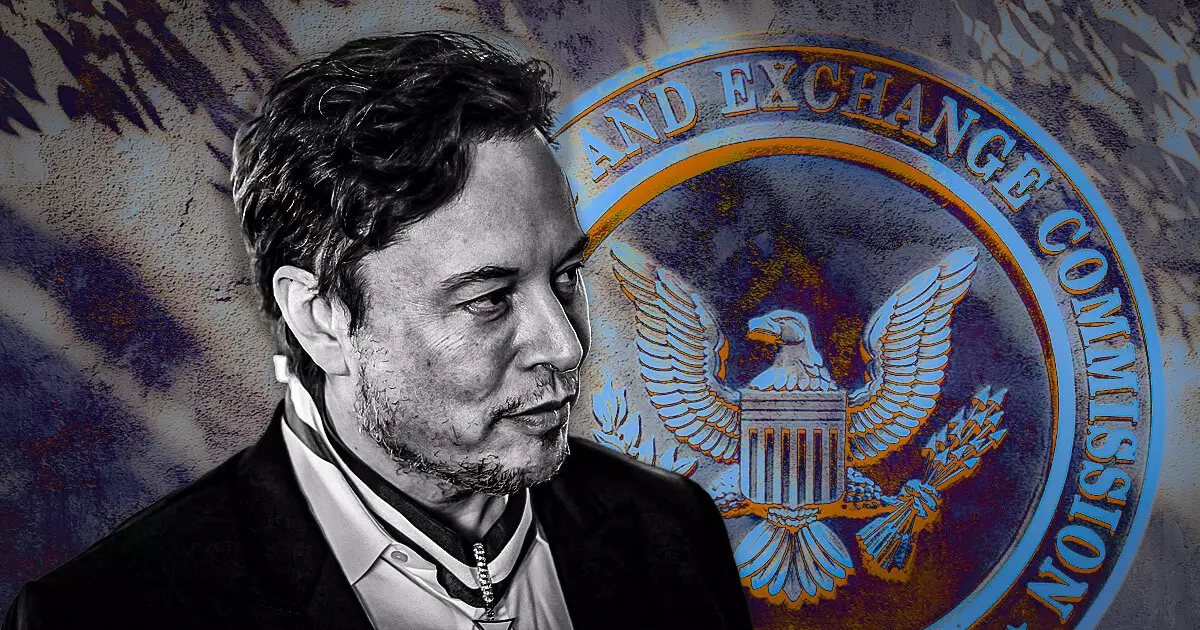In a bold move, the Department of Government Efficiency (DOGE), spearheaded by the influential figure Elon Musk, is setting its sights on the US Securities and Exchange Commission (SEC). This initiative, announced on February 17 through a post on X, seeks to expose inefficiencies and unethical behaviors within the agency. By inviting the public to share insights via direct messages, DOGE aims not only to uncover internal discrepancies but also to foster a culture of accountability among government agencies. The move is a part of a broader attempt to streamline governmental operations, demonstrating an aggressive approach to tackling waste in federal spending.
DOGE’s initiative to engage the public around the SEC reflects a strategic expansion of its reform efforts. Over the past month, the organization has implemented sweeping changes, which have included significant workforce reductions aimed at curbing inefficiencies. However, this aggressive stance has not been without controversy. Critics, including Judge Tanya Chutkan, have raised alarms regarding the potential implications of DOGE’s operational methodologies. Such concerns highlight the delicate balance between innovation in government practices and the essential need for due process and ethical oversight.
Engaging the crypto community, DOGE’s request for public input has sparked renewed discussions centered around regulatory practices and the SEC’s recent enforcement actions. A noteworthy voice in this dialogue, Paul Grewal, Chief Legal Officer of Coinbase, has suggested a policy that holds the SEC accountable for legal expenses incurred by companies that successfully challenge its rulings. This perspective emerges from a growing concern over the SEC’s credibility, particularly following cases where the agency acknowledged inaccuracies in its assessments, raising the stakes for regulation in the digital asset space.
Under the leadership of former Chair Gary Gensler, the SEC has classified several cryptocurrencies—most notably Cardano (ADA) and XRP—as securities. This classification has led to a series of legal confrontations that many believe have negatively impacted investor confidence. Critics contend that the SEC’s regulatory approach primarily serves to regulate rather than protect investors, a belief that has prompted a call for transparency in the decision-making process surrounding these classifications. DOGE’s investigation may serve as a pivotal moment for advocates who argue for clearer guidelines in crypto regulation.
As discussions continue within the crypto community regarding the implications of DOGE’s initiatives, advocates like Dan Gambardello have pointed to the SEC’s past declarations that classified various altcoins as securities, resulting in significant financial losses for retail investors. The hope among these advocates is that DOGE’s inquiry will not only bring to light the processes behind such regulatory actions but will also catalyze a shift in policy that favors investor protection and clearer regulation. The evolving dialogue surrounding this issue suggests that efforts to reform governmental oversight in the realm of digital assets are just beginning, and the outcome could reshape the future of both the SEC and the cryptocurrency market at large.

